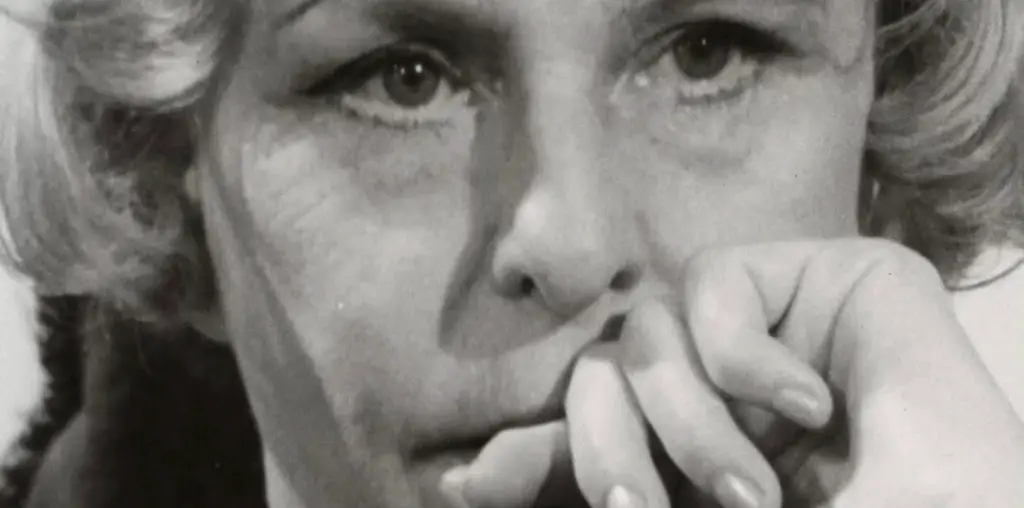
Any good educator will tell you, you can play around with Pavlov, but don’t mess around with Milgram. Or Zimbardo, for that matter. If you think back to your high school psych class, you’ll recall the grainy B&W footage of Milgram’s scientists in their lab coats, or the long haired, 1970’s vibe of Zimbardo’s university students. Both researchers took their experiments to the extreme: Milgram wanted to see if ordinary people would subject other human beings to deadly levels of electric shock if an “authority” so instructed; Zimbardo divided his volunteers into prison guards and prisoners, sticking them in a room to see what happens when people stop being polite.
And the answer, in both cases, is an absolute clusterfuck, a virtual avalanche of human evil. Turns out people will kill if commanded, and perfectly nice, educated college kids will beat, demean, and demoralize their classmates if you give them a baton and tell them they are in charge. The results of the two experiments proved so traumatizing to the participants that the use of human guinea pigs in extreme psychological trials is now illegal.
Apparently that memo didn’t reach Rainer Menger (Jΰrgen Vogel), the cocksure history teacher of director Dennis Gransel’s film “The Wave.“ As the hip instructor who wears Clash tee-shirts to class, he’s the guy that the girls love, the boys respect, and the staff envies. Ticked that a stuffy coworker has appropriated the topic of anarchy during project week, he decides to make the tired subject of autocracy new again. The students are sick of the subject, of reciting the obvious: autocracy bad, fascism bad, Nazism bad. In turn, Menger turns his class into a living example of a dictatorship, and within a week he has created an army, a unified front of white shirts who quickly devolve from supportive community to brute squad.
“The Wave” certainly is relevant; open any newspaper and you’ll find the dangers of group mentality– local and global– on every page. The German setting is a clever twist, as is the high school. There’s no better stage for power struggles and politics than school hallways where hormone charged adolescents are, by nature, always on the verge of spinning off into chaos. However, overall the film falls below its ambition. In many ways its History 101, a refresher course on political systems and terminology. It’s also hard to swallow the instantaneous fascination of the students who immediately embrace the assignment with glassy eyed zeal. The end, as you’d expect, drives home the evils of “The Wave” movement, but it’s a little to bombastic, a little too precious. It has a slight whiff of after-school special and would best be shown where it will have the greatest impact: the high school classroom.

